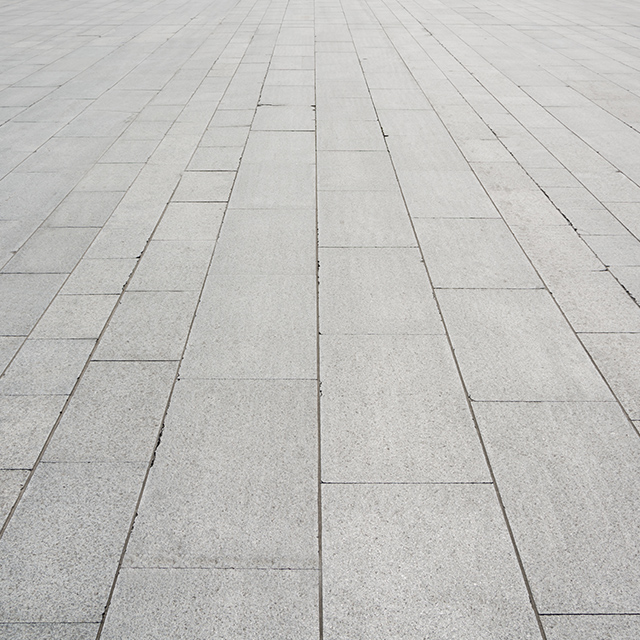High-grade Concrete Solutions: Resilient Solutions for Your Building And Construction Needs
High-grade Concrete Solutions: Resilient Solutions for Your Building And Construction Needs
Blog Article
Unveiling the Eco-Friendly Advantages of Using Recycled Concrete in Lasting Building And Construction Practices
In the realm of sustainable building and construction practices, the usage of recycled concrete stands as a crucial yet often undervalued resource. Beyond its conventional applications, recycled concrete offers a myriad of green benefits that prolong much past the confines of traditional construction materials.
Environmental Benefits
Undoubtedly, among the most significant advantages of making use of recycled concrete is its positive influence on the environment. By incorporating recycled concrete into building practices, there is a substantial reduction in the demand for brand-new resources, causing preservation of all-natural sources. This process helps in protecting aggregates, water, and energy that would have been made use of in generating new concrete. Additionally, making use of recycled concrete diminishes the amount of waste being sent out to garbage dumps, thus decreasing environmental pollution and reducing the strain on land fill capabilities.

In addition, the manufacturing of standard concrete is a significant source of carbon exhausts due to the energy-intensive procedure of cement production. In contrast, recycled concrete has a reduced carbon footprint as it decreases the demand for brand-new concrete manufacturing. This reduction in carbon exhausts adds to mitigating environment adjustment and sustains sustainable construction practices. In general, the ecological advantages of using recycled concrete are substantial and play an important duty in promoting environmentally friendly construction approaches.
Cost-Efficiency
When examining the usage of recycled concrete in building and construction projects,Accomplishing cost-efficiency is a critical consideration. One of the essential advantages of using recycled concrete is its cost-effectiveness contrasted to conventional concrete. The manufacturing of recycled concrete entails less energy and resources as it uses existing materials, lowering the overall project expenses dramatically. Additionally, the accessibility of recycled concrete locally can further reduce transport costs, making it a more cost-effective choice for building and construction tasks.
In addition, using recycled concrete can bring about financial savings in land fill costs by diverting concrete waste from disposal sites. This not just decreases the environmental effect yet additionally eliminates the expenses related to waste removal. The resilience and efficiency of recycled concrete are comparable to standard concrete, guaranteeing that expense savings do not endanger the high quality of the building and construction.
Resilience and Strength
Considering the significant cost-efficiency advantages of using recycled concrete, it is essential to examine its navigate to this website sturdiness and stamina in building and construction applications. Recycled concrete offers comparable, if not superior, toughness and strength buildings to typical concrete. Via improvements in handling methods and quality assurance, recycled concrete can meet or go beyond the performance requirements of conventional concrete. The process of reusing concrete involves crushing, sorting, and screening old concrete to generate aggregates that can be used in new building projects. These recycled aggregates are qualified of giving adequate compressive stamina, longevity, and lasting efficiency.

Waste Decrease
When it comes to making use of recycled concrete, waste reduction is a crucial advantage that contributes considerably to ecological conservation. By integrating recycled concrete right into construction projects, this waste is repurposed and drawn away from land fills, lowering the total ecological influence of construction activities.
Furthermore, the usage of recycled concrete can lead to set you back financial savings for building and construction tasks, as it is often extra inexpensive than sourcing and delivering new materials - Concrete. In conclusion, waste reduction with the usage of recycled concrete is an essential component of sustainable building techniques that profits both the environment and the building sector as a whole.
Energy Preservation
Power conservation is an essential facet of sustainable building techniques, intending to decrease the total power consumption related to structure operations and materials production. Considerable power cost savings are accomplished compared to conventional concrete production when it comes to making use of recycled concrete see this site in building. The procedure of creating recycled concrete includes recycling and squashing existing concrete materials, which takes in much less energy than mining, processing, and carrying basic materials for new concrete manufacturing. Furthermore, making use of recycled concrete can help reduce the need for virgin aggregate, additional decreasing the energy-intensive removal and handling of natural resources.
Conclusion
In verdict, the usage of recycled concrete in sustainable construction methods offers countless environmental benefits, cost-efficiency, longevity, stamina, waste reduction, and energy conservation. By incorporating recycled concrete right into building and construction tasks, we can contribute to a much more lasting and eco pleasant future. It is important for the building sector to focus on the usage of recycled products to help in reducing the ecological influence of construction tasks.
One of the crucial advantages of making use of recycled concrete is its cost-effectiveness compared to conventional concrete.Furthermore, the use of recycled concrete can lead to savings in landfill costs by diverting concrete waste from disposal sites. The durability and efficiency of recycled concrete are equivalent to standard concrete, guaranteeing that expense financial savings do not jeopardize the high quality of the construction.

Report this page